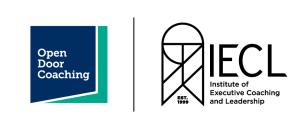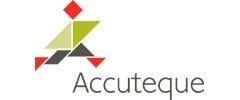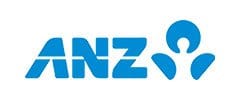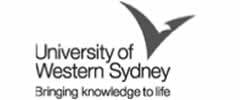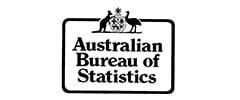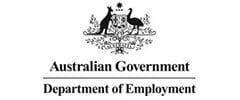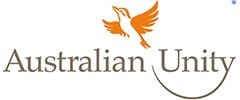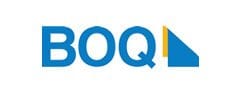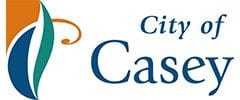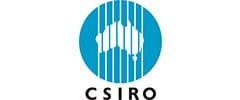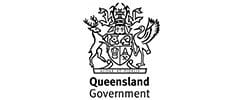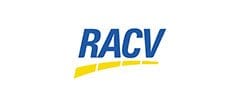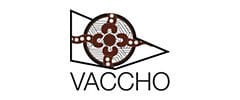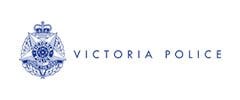Learning with the experts in workplace coaching
Hear the difference
You can hear the difference between good coaching and great coaching. Especially when you listen to hundreds of coaching recordings. In addition to completing thousands of accreditation assessments. That is the the experience of our very own Brigitte Calvert. So we asked her to share the lessons that stand out.
Learning from the expert
At Open Door we all have the unique opportunity to learn from one of the most experienced practitioners in Australia, our very own Brigitte Calvert. Brigitte suggests there are some clear differences when assessing recordings. Especially between coaching that is ‘competent’ and a ‘not yet competent’. Particularly when considering the International Coach Federation (ICF) Core Competencies.
But not only that, there are some clear differences in terms of how we add value to our clients.
Good coaching happens when you:
- Firstly, establish a clear goal for the conversation
- Followed by a clear focus on what the coachee wants to talk about
- Importantly, build trust and rapport with the coachee
- Without a doubt, are non-judgmental
-
In addition, ask OPEN questions in response to what the coachee is saying
- Furthermore, want to help fix the immediate problem using coaching skills
- As a result help the client establish good action plans and accountability
- For the most part, allow the coachee to find their own answers.
Great coaching happens when you:
- Take more time to establish the goal upfront and link the goal to past conversations
- Importantly, explore the desired outcome in more depth. Including the importance of the goal and measures of success
- Without a doubt, build trust and rapport with a sense of ease and naturalness
-
Especially ask OPEN questions that respond to the moment and stretch the coachee’s thinking
- Furthermore, ask powerful questions with a genuine curiosity
- At the same time be unattached to outcome
-
Use the coachee’s language and consider learning styles
- In addition, evoke awareness by creating space for the coachee to explore, discover, find new perspectives and learnings. This will be supported by the coach making observations as necessary
- Finally, encourage action plans and accountability that focusses on the what achieving the goal really means to the coachee. Rather than just WHAT they need to DO.
Clearly you are not coaching effectively if you are:
As with everything we are learning, we will see the development over time. Subsequently, not everything we hear, will meet the standards initially. As a consequence, you will be deemed not yet competent in terms of the ICF standards if you are:
- Without a doubt telling, mentoring or advising
- Furthermore, judging the coachee’s responses or frequently giving your opinion
- In addition, using LEADING questions
-
Similarly asking a lot of CLOSED questions
- Alternatively STACKING questions
- Or asking questions for more story and out of interest
- Not only jumping into the space but also cutting the coachee off as they are talking
- Finally, talking a lot, telling stories or monopolising the conversation.
Dedication to practice and continuous improvement
Improving our skills takes dedication to practice. Therefore, we are focussed on continuous improvement over many years. Including: listening to recordings; reviewing our own practice; and getting feedback on our skills.
We cover this in our Certificate IV in Workplace and Business Coaching Program.
Importantly, we include mentoring in our programs to enable this development.
However, it’s not just ‘new’ coaches that need to think about this progression.
Without a doubt, coaches at all levels can benefit from this reflection. Moreover, this reflection will be in terms of how we strive for excellence in our practice. As a result, adding value to our clients.
Who We’ve Worked With…
FREE Coaching Cafe Webinar
Every week our team of experts present “Coaching Cafe” webinar with topics for Managers, Leaders, Business Owners. In addition everyone who wants to be a better workplace coach. And importantly, those leading their teams to higher productivity, better outcomes and a happier, healthier workplace.
